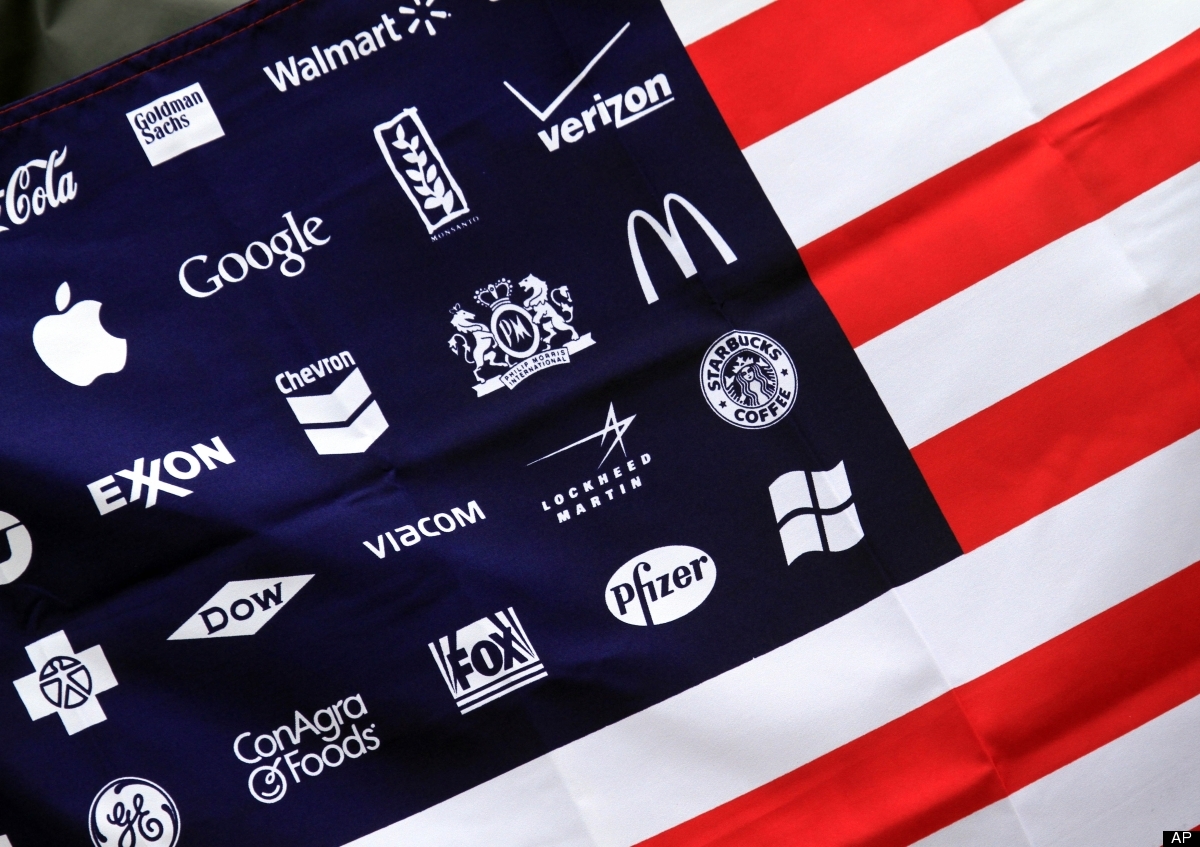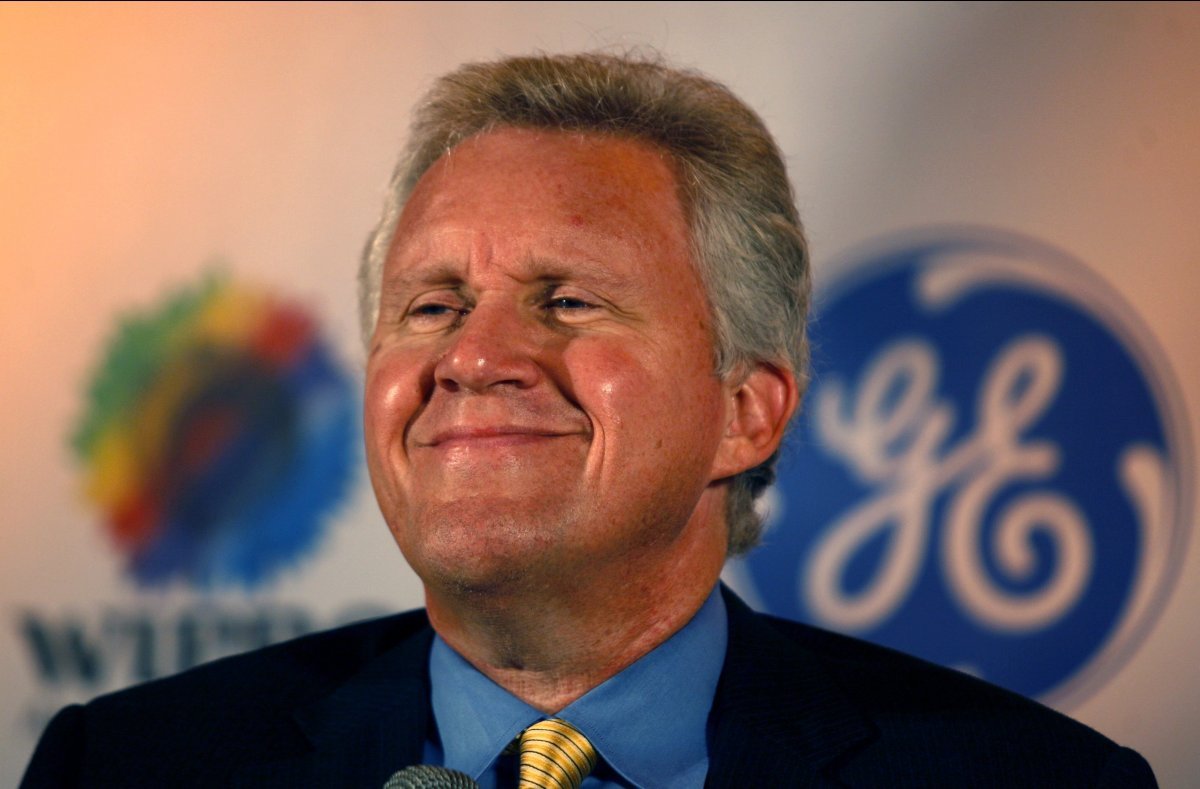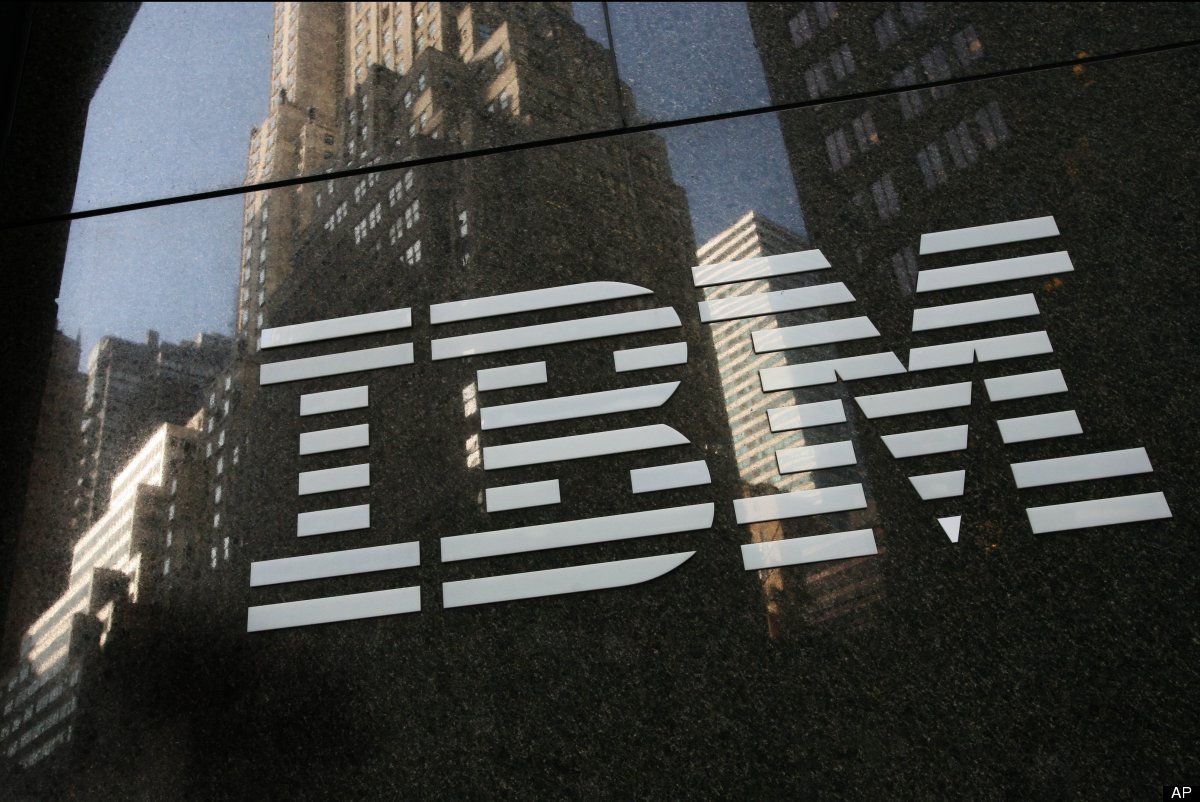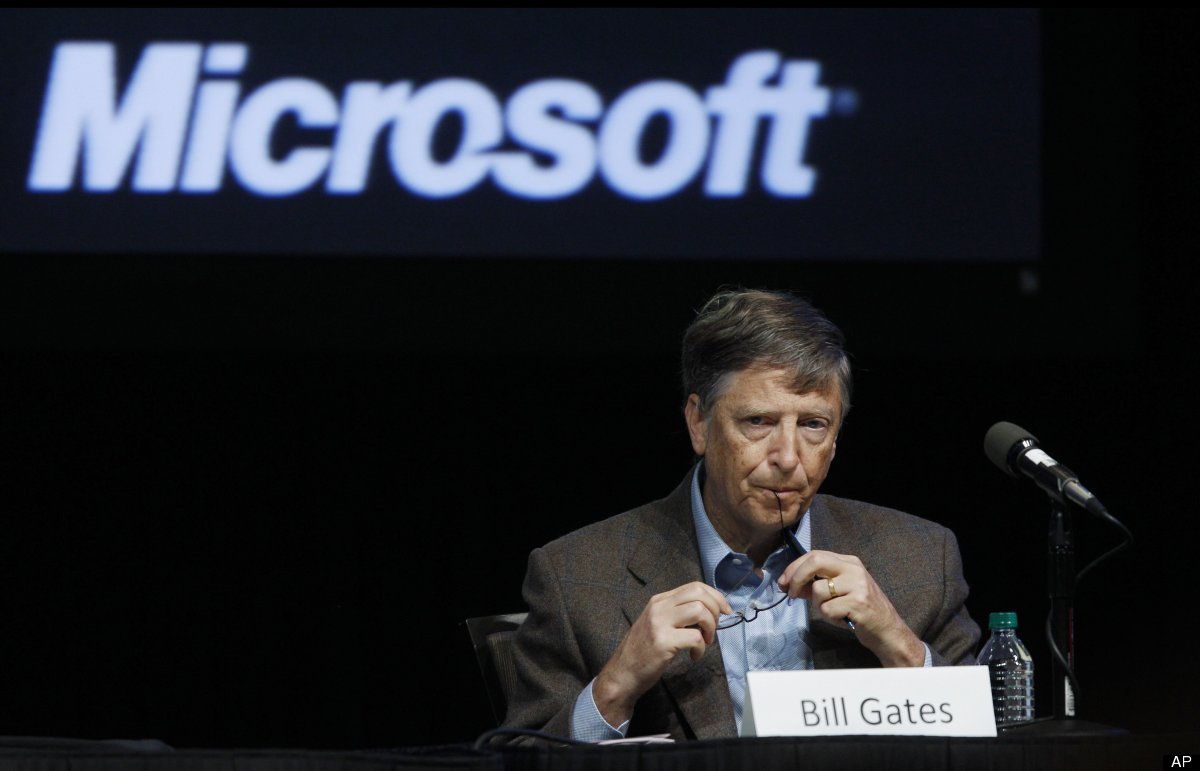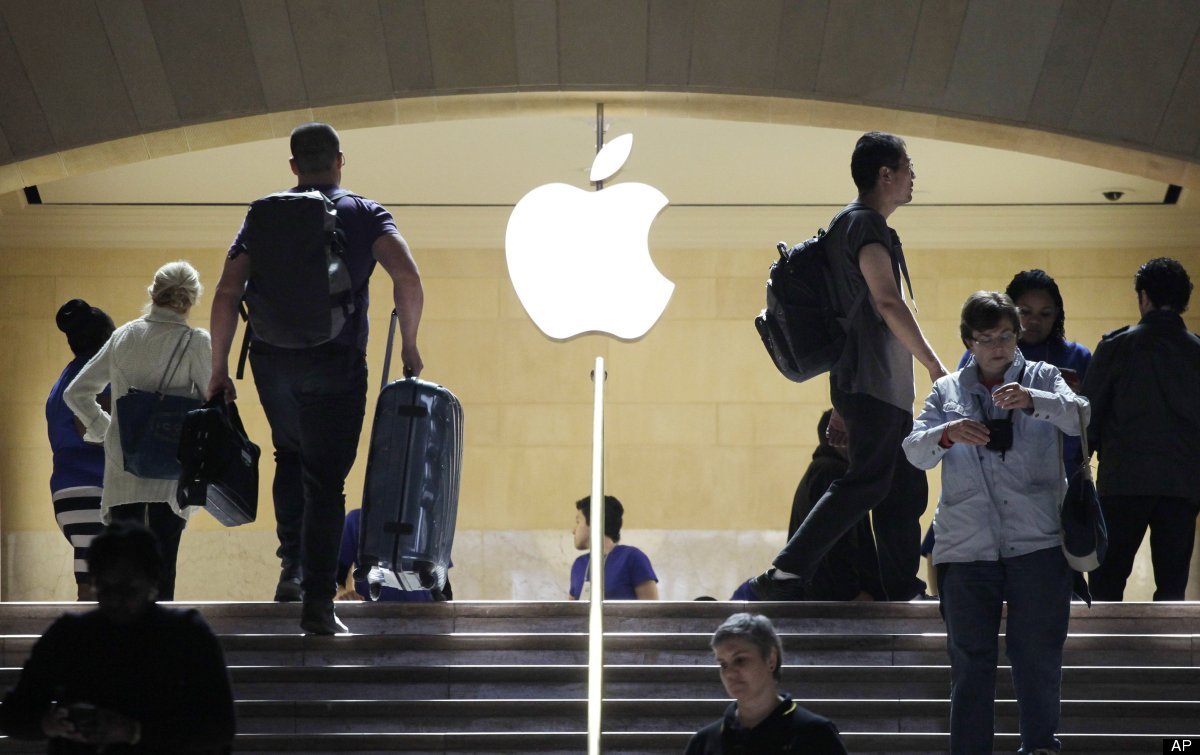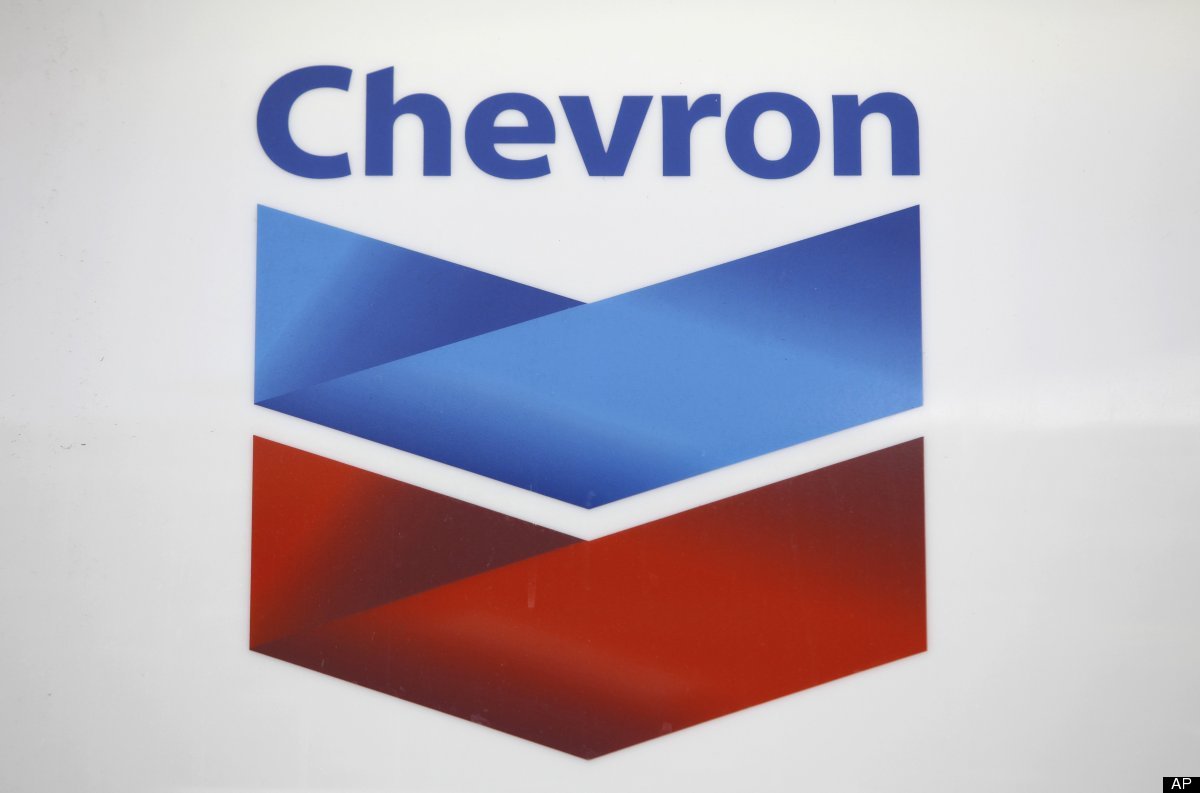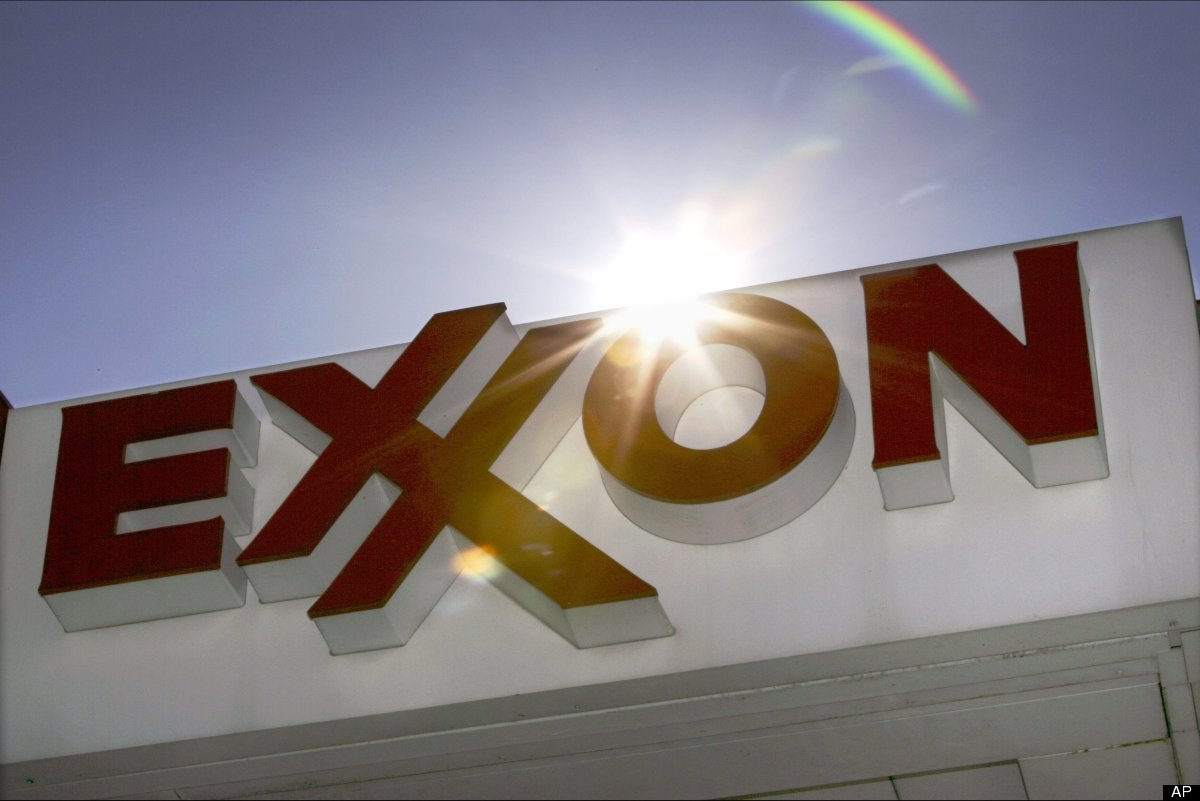
OVERVIEW
MANAGEMENT
PERFORMANCE
POSSIBILITIES
CAPITALS
ACTIVITIES
ACTORS
BURGESS
Taxation |
|
COMMENTARY Anyone can legimately ask what is a 'fair share' of taxes. The answer to this is that a government must raise in tax and other revenues enough to pay for what it needs to do. The idea that less government is better government is simplistic, just as the idea that spending more is necessarily better. In my view government contracting is notorisouly inefficient, but that does not mean that the program is bad ... it means simply that the staff are not doing their jobs well. In too many cases government performance is compromised by government officials who game the system in many different ways for their personal gain. This is wrong ... but it does not follow that smaller government is necessarily better. So back to 'fair share'. There needs to be a simple but comprehensive computation that rewards an organization for its efficient use of assets (resources) so that owners (investors) are rewarded and society benefits. Note it is the efficient use of assets or resources that is the baseline, and not the money investment that is involved. This is important because many capital markets have valuations that would be characterized as 'stupid' in a market economy that had strong connection and correlation with real world economic activity.
In the companies identified I consider all of them poor to very bad corporate citizens even though the investor community does not. This reflects the different between a money profit capitalist market perspective and the TVM perspective that incorporates social impact into the metrics of performance.
|
|
10 Most Profitable U.S. Corporations Paid Average Tax Rate Of Just 9 Percent Last Year: Report This Oct. 26, 2006, file photo shows an Exxon logo at a gas station in Dallas. Exxon Mobil paid just 2 percent of its earnings as taxes to the federal government last year, according to the site NerdWallet. While some of America's biggest corporations may complain that they pay too much in taxes, a recent analysis shows that many are actually getting off pretty easy. According to the financial site NerdWallet, the 10 most profitable U.S. companies paid an average federal tax rate of just 9 percent last year. The group includes heavyweights Exxon Mobil, Apple, Microsoft, JPMorgan Chase and General Electric. (Hat tip: Barry Ritholtz.) Some of these companies paid more than 9 percent -- JPMorgan earned $26.7 billion in 2011, for example, and paid $3.7 billion of it, or 14 percent, to the federal government -- and some paid less, like Exxon Mobil, which only sent 2 percent of its $73.3 billion earnings to the IRS. But the 10 companies all paid much less than the nominal corporate tax rate of 35 percent -- a number that investor and tax-the-rich advocate Warren Buffett has dismissed as 'a myth,' but one that presidential front-runners Barack Obama and Mitt Romney have both proposed to lower. The effective corporate tax rate has been on its way down for decades, recently hitting a 40-year low even as corporate profits have reached an all-time high. Many of the companies that have seen their tax rates fall in recent years -- including Exxon Mobil, Verizon, General Electric and AT&T -- are among the biggest spenders when it comes to lobbying, according to a recent analysis by the Sunlight Foundation.
Low Taxes and the Ten Most Profitable Companies ... The flag of corporate America!
General Electric ... great company that does not pay its fair share in US taxes
IBM ... great company that does not pay its fair share in US taxes
Conoco ... energy company that should be paying a fair share in US taxes
Wells Fargo ... a big bank that exploited the housing fiasco to its advantage and for the benefit of its executives and investors
One of the biggest banks in the US has agreed to pay a $175m to settle allegations it charged higher mortgage rates and fees to black and Latino customers in violation of fair-lending laws. ( Open file 2960 Walmart ... a superbly efficient organization, but one that leaves a lot to be desired in terms of corporate social responsibility
JPMorgan Chase ... a 'too big to exist' bank that extracts wealth from society in favor of its executives and investors no matter what the rules, regulations and laws allow
Microsoft ... in my view, a company that has used technology more to benefit investors than all the other stakeholders, and accordingly a huge missed opportunity for a better planet
Apple ... in my view, infamous for exporting its manufacturing muscle out of the United States in order to do nothing but make even more profit for its executives and investors.
Chevron ... energy company that has very bad track record of environmental pollution that it does not pay for
Exxon/Mobil ... energy company that is well known for Exxon Valdiz environmental disaster ... less well known for other bad practices
|
|
The Huffington Post | By Alexander Eichler
Posted: 08/06/2012 10:21 am |
| The text being discussed is available at http://www.huffingtonpost.com/2012/08/06/most-profitable-corporations-tax-rate_n_1746817.html |
